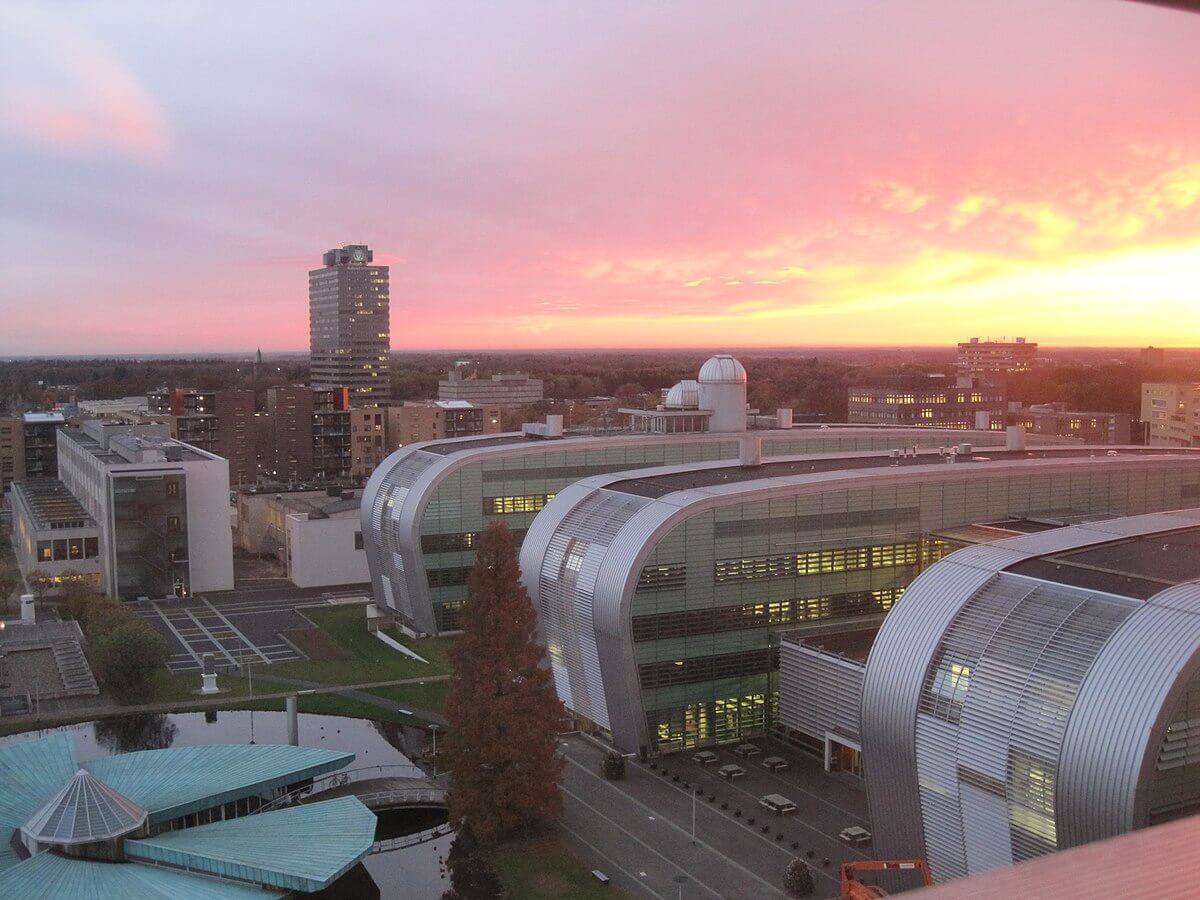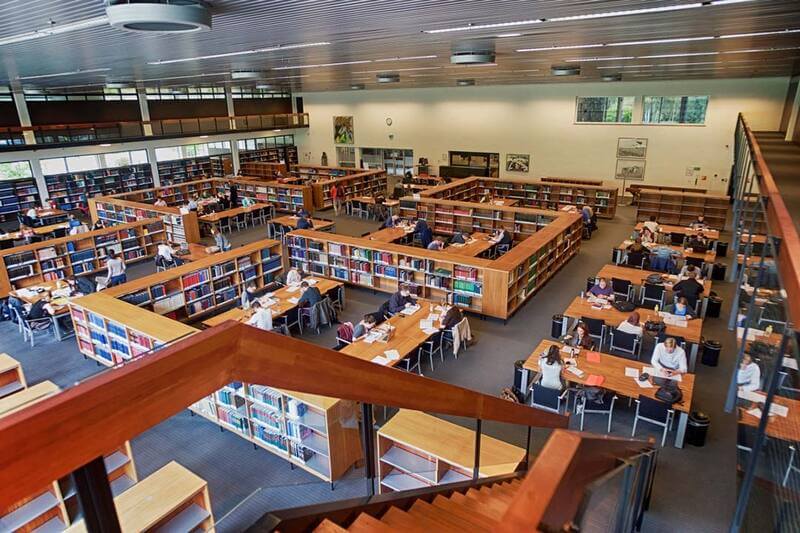Curriculum year 1
In the first year, you get a broad introduction to the field of biology and medical biology. You acquire considerable knowledge by following courses from all learning trajectories. You learn about everything from animals, biodiversity, plants, and climate change to parts of a cell and the chemical structures of DNA and RNA. Also develop your research and analytical skills.
Total EC 60 EC
Compulsory coursesAnimal Evolution and Adaptation 6 EC
Evolution and Development of Plants 6 EC
Introduction to the Bachelor's Programme 0 EC
Statistics 1 3 EC
Cellular Biochemistry 6 EC
Microbiology 6 EC
Molecular Biology and Recombinant DNA 3 EC
Research Skills 0 EC
Ecology 6 EC
Genomics and Big Data 6 EC
Histology 3 EC
Biodiversity 6 EC
Human Biology 6 EC
Mathematics for Biologists 3 EC
Curriculum year 2
You spend the first two periods of the second year finishing the general phase. In the last two periods, course content becomes more specialised and there is a lot of freedom of choice. You can choose a learning trajectory and add courses from other trajectories. This means you can create a programme that fits your interests. You can choose courses from all fields of biology and medical biology.
Course overview
In your second year, you follow compulsory courses and choose your own learning trajectory. In the first two periods you only take compulsory courses. In the last two periods, you can choose from a wide range of courses. Seven learning trajectories are defined. Please take a look at the Learning Trajectories page for more information. All available courses of the learning trajectories can be found in the online course guide.
Animal Physiology 3 EC
Brain and Behaviour 6 EC
Microbial Metabolism 6 EC
Genetics 3 EC
Man and Environment 3 EC
Plant Physiology 6 EC
Writing about Science 3 EC
Statistics II 3 EC
Philosophy and Ethics of Science 3 EC
Elective Course
Learning trajectory
Electives
Study year 3
In the third year, you continue following your chosen learning trajectory. In the first two periods, you have the opportunity to go abroad or follow courses at another university. The final period is spent completing an internship within a research department.
Total EC 60 EC
Compulsory courses
Biology Essay 3 EC
Bachelor's Portfolio 3 EC
Elective Course
Learning trajectory
Electives
Minors
As research becomes increasingly multidisciplinary, it makes good sense to do a minor during your Bachelor’s programme. A minor is a coherent package of electives worth 15-30 EC that allows you to broaden your knowledge or prepare for a particular Master’s programme. By doing a minor, you fill in the elective space in your programme in a structured way. Your minor will be registered on the supplement that accompanies your diploma.
In the second and third year of the programme, you can opt for a minor. Next to the learning trajectory, you could choose a minor to broaden your knowledge within biology. But, you could also opt for a minor in a different field, such as computing science or business administration. Please have a look at the Minor Programme Guides.
Internships
Internship Bachelor's Biology 12 EC
In the last part of the programme, you follow an internship within a research department. Please contact one of the internship coordinators if you need help with looking for an internship.
Show less












